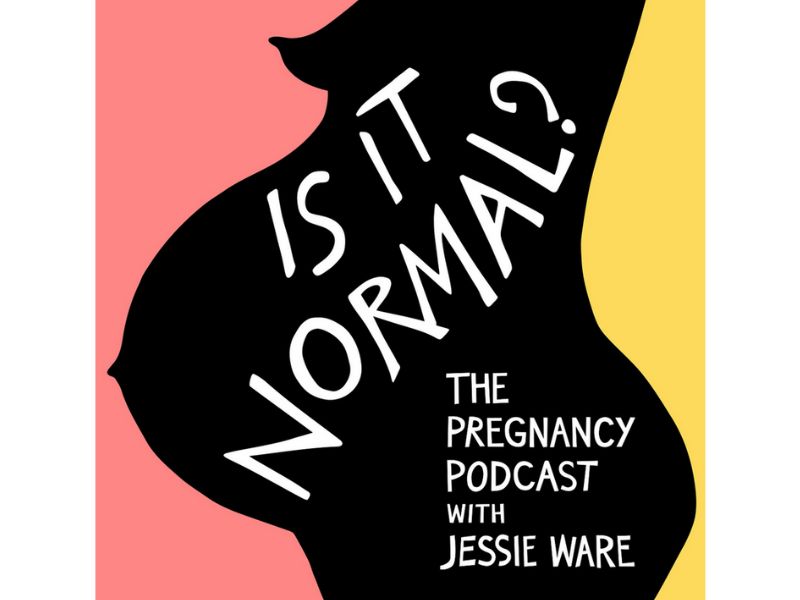Article provided by Sarah Alonze, Director, Babel PR

According to the World Health Organisation, one in four people globally will be affected by a mental or neurological disorder at some point in their lives.
This means that, of the 7.7 billion people that populate this place we call Earth, almost two billion of us will be diagnosed with a mental illness. That’s without mentioning the number of people who feel stress, anxiety or another similar condition, without necessarily being diagnosed by a medical professional.
Mental health is a crippling reality, rather than an exception of modern society. Let’s take a delve into why it’s become such a pandemic and how it impacts today’s workplace.
The worrying reality
According to the Mental Health Foundation, almost one in seven people in the UK are currently experiencing mental health problems in the workplace, with women in full-time employment nearly twice as likely to have a common mental health problem than men (20 per cent vs 11 per cent). However, men can suffer just as deeply as women – one in eight males in England have a common mental health problem, an upward trend exacerbated by stereotypes and a ‘man up’ culture that encourage men to hide their feelings and adopt unhealthy coping mechanisms. The challenges faced by some employers in managing employee wellbeing effectively has led to the UK losing approximately 70 billion working days a year, which is costing employers £2.4 billion annually. Clearly, then, there’s also a strong business case for adopting mental health and wellbeing strategies in the workplace.
How have we created this reality?
What are the biggest factors contributing to mental health issues in the workplace? If we take PR – my industry – as an example, you’ll see a sector stereotyped by ‘loud-mouthed’ spin doctors, constantly on the move and always on call, working to tight deadlines, and juggling multiple tasks from clients. We’re not all ‘spin doctors’ but the always on, tight deadlines and multiple tasks part of that previous statement is definitely true. Unfortunately, this creates a perfect storm for mental health issues.
A recent survey into mental health in the UK PR industry, conducted by industry publication PRWeek, found that 60 per cent of respondents had suffered from or been diagnosed with mental ill health. What’s more, almost 50 per cent of respondents in that particular survey said they felt under more stress now than 12 months ago, unchanged from the same survey the publication ran in 2017. While employers in the PR industry specifically are making strides in developing mental health policies, stress and anxiety have been brewing for some time across all sectors and parts of the globe.
Workplaces need to evolve
I recently attended an interesting webinar, delivered by the PRCA and hosted by PR guru Jane Fordham. The webinar, “Wellbeing at work: An introduction to stress and mental health,” delved into the current state of mental health specifically in the PR industry, but raised some interesting points about general corporate culture. Fordham posed the question of whether, as a society, we should be looking at reviewing the eight-hour working day, created 200 years ago by Welsh industrialist Robert Owen. The aim of the movement was to regulate the length of the working day to prevent excesses and abuses. But what worked 200 years ago doesn’t always work today – many countries have looked at adopting shorter working days to prevent employee burn out and boost productivity.
Silicon Valley also has a lot to answer for, according to Dan Lyons, author of Lab Rats, who believes that modern work, dictated by the ‘new oligarchs’ (think giant tech brands), has led to job insecurity, longer working hours, and declining wages for those of us not in the top one per cent of earners. The key takeaway of the book is that employees are the lifeblood of any profitable organisation, and as such, businesses need to address the ‘chronic stress and fatigue’ experienced by team members.

Managing stress
Rather than skirt around the issue, employers need to recognise the role they are playing in exacerbating the mental ill health of staff. Change can only start from the top, so if employers are perpetuating a ‘toughen up’ or ‘emotion is weakness’ mentality, then employees will become unproductive, unhappy and likely to leave. And that’s the best-case scenario.
For those working in management positions in organisations, here are five tips on how to handle your own stress, and that of your employees:
- Get some sleep. Sounds obvious, but it’s also pretty basic. Sleep-deprived workers cost the UK economy £40bn a year. When we’re tired, we’re prone to reacting more to our own stress triggers, which can not only impact our own productivity, but influence those around us.
- Self-awareness is key. Do you know what your own stress triggers are? The more you’re able to recognise when you are under stress and what in particular is pushing your buttons, the more efficient you will be at adopting coping mechanisms to get you through the day and control your reactions.
- Training for all, both from a practical and awareness perspective. Management and line managers specifically need to be able to identify when colleagues may be impacted by or suffering from mental ill health, and quickly discern whether issues in the workplace are professional or personal, competency-based or behavioural. There are a number of resources and mental health training courses that can help educate on how to tackle stress and other mental disorders at work.
- Don’t wait for employees to notify you of issues. Chances are, they may not feel comfortable talking to you or broaching a sensitive issue in the workplace. Observe, and if anything appears to be out of the ordinary, take the initiative to have a conversation that encourages frank discussion. Ask open questions, and offer proactive solutions to help the employee feel empowered in taking back control. The more you encourage this type of dialogue in the workplace, the more comfortable employees will feel in addressing mental health issues in the longer-term.
- Why not try and practise mindfulness? There are a bunch of mental wellbeing apps that can help centre and refocus the mind in times of stress – Calm, Headspace, etc. If mindfulness is not for you, make sure you take regular breaks during the working day – go for a walk, chat to a friend, whatever it takes to get away from your desk – and detach yourself from work once you’ve left the office for the day. Find ways to connect with friends, learn new skills, without carrying the burdens of today’s and tomorrow’s to-do lists with you.
The first, small step to creating change in an organisation is to acknowledge that mental health is just as important as physical health. Employers encourage screen breaks, promote cycle to work schemes, and offer eyecare vouchers and discounted gym memberships – the same effort should be put into acknowledging the mental wellbeing of employees. Putting some of the above approaches into practice and promoting holistic wellbeing in the workplace could be a crucial first step in breaking down the stigmas that unfortunately are still attached to health issues, and encouraging more people to seek support.








